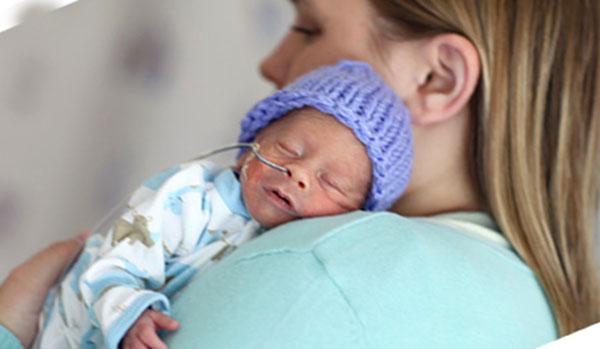You are here
Study finds link between pesticides and autism
By AFP - Jun 23,2014 - Last updated at Jun 23,2014
WASHINGTON — A California study out Monday found that pregnant women who lived near farms where pesticides are applied had a two-thirds higher risk of having children with autism.
The findings in the journal Environmental Health Perspectives examine the association between living near commercial pesticide applications and having offspring with autism, but do not show cause-and-effect.
Autism is a neuro-developmental disorder that ranges in severity and has been on the rise in recent years. Health authorities say it now affects as many as one in 68 children in the United States.
The latest research was based on data about commercial pesticide applications in California, combined with residential addresses of about 1,000 participants in a study of families with an autistic child.
"We mapped where our study participants' lived during pregnancy and around the time of birth," said principal investigator Irva Hertz-Picciotto, vice chair of the Department of Public Health Sciences at University of California, Davis.
California law requires detailed records on what kinds of pesticides are applied, where and when and how much.
"What we saw were several classes of pesticides more commonly applied near residences of mothers whose children developed autism or had delayed cognitive or other skills."
About one-third of study participants lived within 1.25 to 1.75 kilometres from a site where commercial pesticides were applied.
Researchers found risks of autism were highest when the chemicals were applied during the second and third trimesters of pregnancy.
The study authors said the developing foetal brain may be particularly vulnerable to pesticides.
"This study validates the results of earlier research that has reported associations between having a child with autism and prenatal exposure to agricultural chemicals in California," said lead study author Janie Shelton, a UC Davis graduate student.
"While we still must investigate whether certain sub-groups are more vulnerable to exposures to these compounds than others, the message is very clear: Women who are pregnant should take special care to avoid contact with agricultural chemicals whenever possible."
Related Articles
Pregnant women should not be exposed to even low levels of a group of chemicals associated with a wide range of neurodevelopmental dis
Women exposed to the highest quantities of agricultural pesticides in California’s San Joaquin Valley while pregnant were at heightened risk
Pregnant women who have been exposed to high levels of second-hand smoke have a higher rate of miscarriages, stillbirths and foetal deaths, a new study suggests.


















